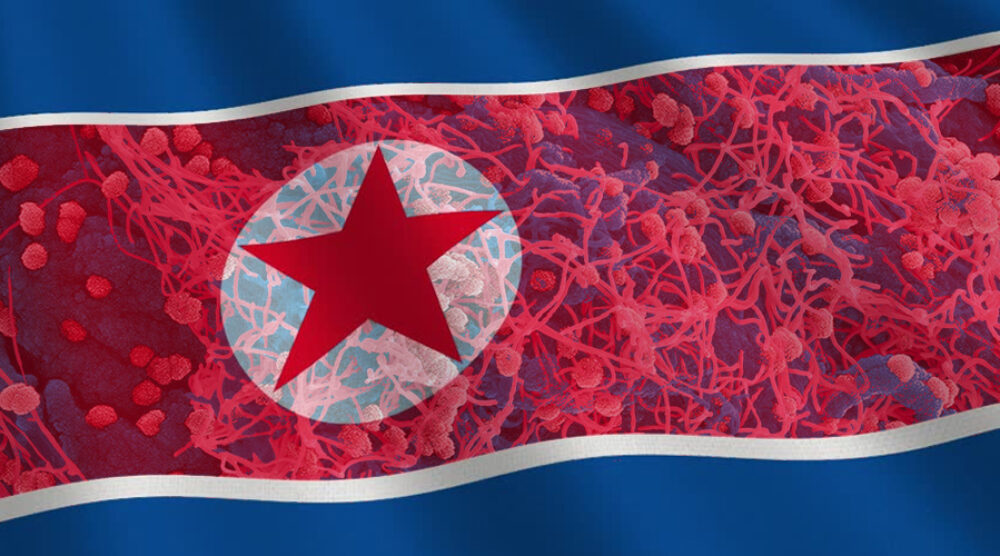North Korea was notably among the first countries to announce a closure of its border due to the current coronavirus (COVID-19) outbreak in neighboring China. On January 21, Pyongyang notified tourism companies that it would not allow foreign tourists to enter the country. A few days later, it expanded travel restrictions, barring all travel in and out of the country and then suspending flights from both China and Russia. It has also expanded its compulsory quarantine of foreigners already in the country from 15 days to 30 days, which is set to end on March 1.
To properly assess the current situation, especially for a country like North Korea, it is important to develop a baseline understanding of what is and is not out of the ordinary about this response. To this end, the Ebola quarantine of 2014 and the SARS quarantine in 2003 provide perhaps the best sources of comparison.
The COVID-19 response stands out for how rapid and how far-reaching the travel restrictions and quarantine measures are. It also demonstrates an increasingly aggressive approach to an established response to potential public health crises in the country and illustrates the DPRK’s strong inclination towards a “control first” political culture, that is, to increase restrictions while formulating difficult policies.
Please click here to read the full “Pandemics and preparation the North Korean way” article published at 38 North, written by Esther S Im and Griffith Asia Institute Adjunct Research Fellow, Dr Andray Abrahamian.








